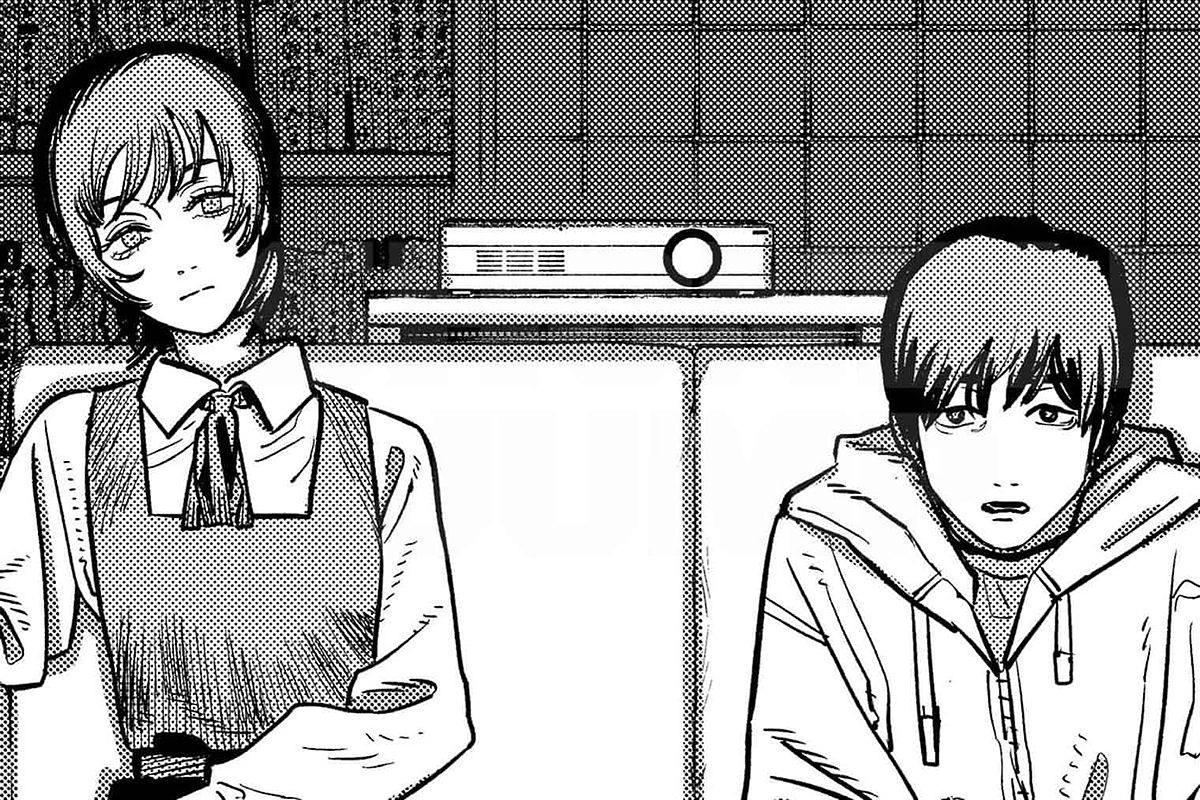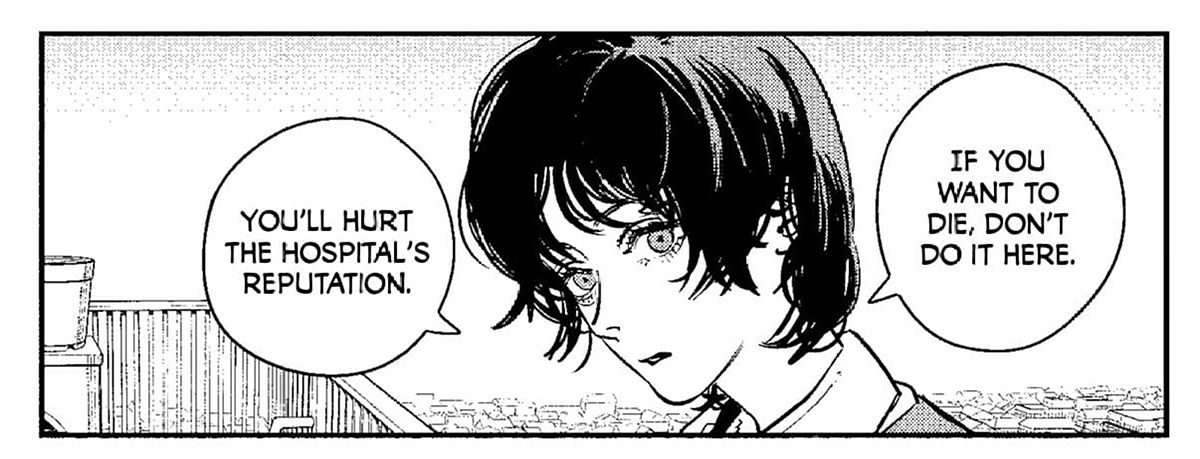Tatsuki Fujimoto’s ‘Goodbye, Eri’: A Cinematic Love Letter in Manga Form

Discover Tatsuki Fujimoto’s latest manga, ‘Goodbye, Eri,’ a heartfelt tribute to cinema that explores the power of film and storytelling. Follow Yuta, a budding filmmaker, as he embarks on a journey with a mysterious girl named Eri, uncovering secrets that could change everything. Experience Fujimoto’s masterful blend of visual storytelling and natural expressions of emotions in this thought-provoking manga.
Tatsuki Fujimoto’s ‘Goodbye, Eri’: A Cinematic Love Letter in Manga Form
Tatsuki Fujimoto, the renowned mangaka behind the popular series ‘Chainsaw Man,’ has once again showcased his deep appreciation for cinema in his latest work, ‘Goodbye, Eri.’ This manga serves as a remarkable tribute to the medium, highlighting Fujimoto’s understanding of the profound impact that film can have on our lives.

( Credit to: Asianmoviepulse )
The story revolves around Yuta, a budding filmmaker whose journey begins with a poignant request from his mother to document her final moments. After her passing, Yuta encounters a mysterious girl named Eri, who becomes a catalyst for new directions in his life. Together, they embark on a filmmaking venture, but Eri harbors a secret that could change everything.

( Credit to: Asianmoviepulse )
Fujimoto’s love for cinema is evident throughout ‘Goodbye, Eri,’ as he masterfully captures the essence of capturing life through the lens of a filmmaker. The manga skillfully explores the visual and narrative elements of filmmaking, speculating on whether Fujimoto could have made a similar impact if he had chosen a different medium.
The Cinematic Experience of ‘Goodbye, Eri’
Fujimoto’s love for cinema shines through in ‘Goodbye, Eri,’ as he expertly translates the visual and narrative elements of filmmaking into the pages of his manga. The natural expressions of emotions and the well-considered pacing contribute to a captivating cinematic experience for readers.
The manga’s dialogue-free panels effectively capture the flow of movement, adding to the authenticity of the narrative. Fujimoto’s comedic wit also injects humor, preventing the tone from becoming too somber. The experimental approach and action-heavy art further enhance the manga’s unique style.
Controversial Conclusion: A Departure from Tropes
The conclusion of ‘Goodbye, Eri’ may not be universally well-received. Some may view it as a playful departure from the typical tropes of a tragic teenage romance, while others may see it as a crude mockery of the sentimentality built up throughout the story. Personal opinions on the conclusion may vary, but the moments leading up to it are undoubtedly sublime and worthy of appreciation.
Tatsuki Fujimoto’s Unique Style
As an artist, Fujimoto excels in action-heavy art, where chaos and experimentation thrive. While his dramatic series may not be as emotionally infused as those of other mangakas specializing in tragic tales of youth, Fujimoto’s unique style shines through. The manga’s experimental approach successfully captures the blur of motion reminiscent of home movies, contributing to its overall narrative construction.
A Thought-Provoking and Diverse Manga
‘Goodbye, Eri’ is an experience that elicits a range of emotions. From admiration and emotional connection to moments of frustration and disappointment, Fujimoto’s ability to play with storytelling tropes is evident. While the conclusion may not resonate with everyone, it is undeniable that Fujimoto’s immense talent and diverse range make this manga worth exploring.
Whether you are a fan of Tatsuki Fujimoto’s previous works or simply a lover of cinema, ‘Goodbye, Eri’ offers a unique and thought-provoking experience. Dive into this manga and immerse yourself in Fujimoto’s cinematic love letter, even if you are not a regular manga reader.




